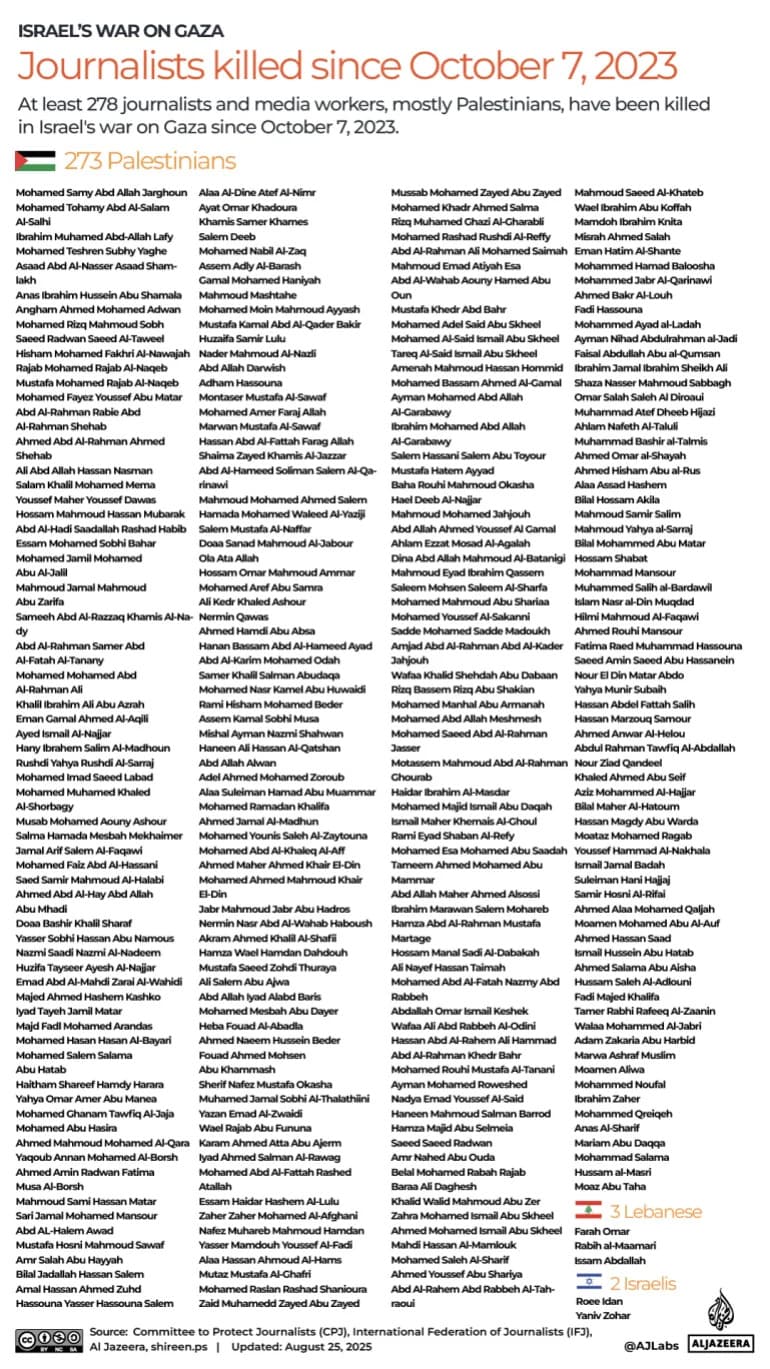The UK–EU Parliamentary Partnership Assembly meeting in the House of Commons was dominated by criticism of Israel’s military campaign in Gaza, with participants condemning its "excessive nature" and citing more than 67,000 Palestinian deaths and the death or injury of 50,000 children, according to the assembly’s statement. Delegates accused Israel of obstructing humanitarian aid and urged coordinated UK–EU cooperation with the ICC and ICJ to support independent investigations into alleged war crimes. Critics including Lord Frost said the assembly had strayed from its remit, while Brexit minister Nick Thomas‑Symonds warned that excluding UK firms from a £150bn defence loan scheme would hinder European rearmament; talks on Erasmus and regulatory alignment are also under way.
UK–EU Parliamentary Forum Condemns Israel’s Gaza Campaign and Urges Joint War‑crimes Inquiries

UK–EU Parliamentary Partnership Assembly criticises Israel's actions in Gaza
At the sixth meeting of the UK–EU Parliamentary Partnership Assembly (PPA) in the House of Commons, MPs and MEPs used the forum to condemn what they described as the "excessive nature" of Israel’s military campaign in Gaza. In a statement released after the meeting, participants said the campaign had led to the deaths of more than 67,000 Palestinians and the death or injury of 50,000 children, figures cited in the assembly’s declaration.
The statement accused Israel of obstructing humanitarian aid, saying that such blockages "have caused a famine and exacerbated the humanitarian crisis in Gaza." It called on the UK and the EU to co‑operate closely — including with the International Criminal Court (ICC) and the International Court of Justice (ICJ) — to provide "material support to independent investigations into all alleged war crimes and violations of international humanitarian and human rights law."
Lord Frost, the former Brexit negotiator and assembly member, criticised the focus of the meeting: "It is absurd that a parliamentary body created by the UK‑EU trade agreement is spending time condemning Israel. It should stick to its job instead of giving space to outlandish and intemperate criticism of a friend and ally."
The PPA was established under the post‑Brexit trade and co‑operation agreement to give parliamentarians from both sides a forum to discuss evolving UK–EU relations and oversight of the partnership.
Defence, Erasmus and ongoing negotiations
Separately at the meeting, Brexit minister Nick Thomas‑Symonds warned EU counterparts that pricing British defence firms out of the bloc’s £150bn defence loan scheme would undermine Europe’s rearmament efforts. He referenced reporting that the European Commission had attached a €6bn (around £5.28bn) cost to including UK firms in the programme.
"I can’t overstate the importance of the UK being part of member state procurement plans for the first round of loans," Mr Thomas‑Symonds said, adding that UK participation would "strengthen and expand our connected European defence capabilities."
The minister also made clear that the UK would not subsidise European students coming to Britain under the Erasmus exchange programme, which the UK intends to rejoin as part of its renewed cooperation with Brussels: "I certainly wouldn’t expect the EU to subsidise the UK’s participation, nor should the UK subsidise the EU’s."
Mr Thomas‑Symonds’ remarks come as UK and EU officials begin negotiations on a series of items agreed by Prime Minister Sir Keir Starmer and European Commission President Ursula von der Leyen in May. The UK Government said it will press for carve‑outs from EU rules when discussing alignment on the bloc’s animal and plant health regulations.
All numerical claims and strong assertions are reported as described in the assembly's post‑meeting statement and subsequent reporting.
Help us improve.


































